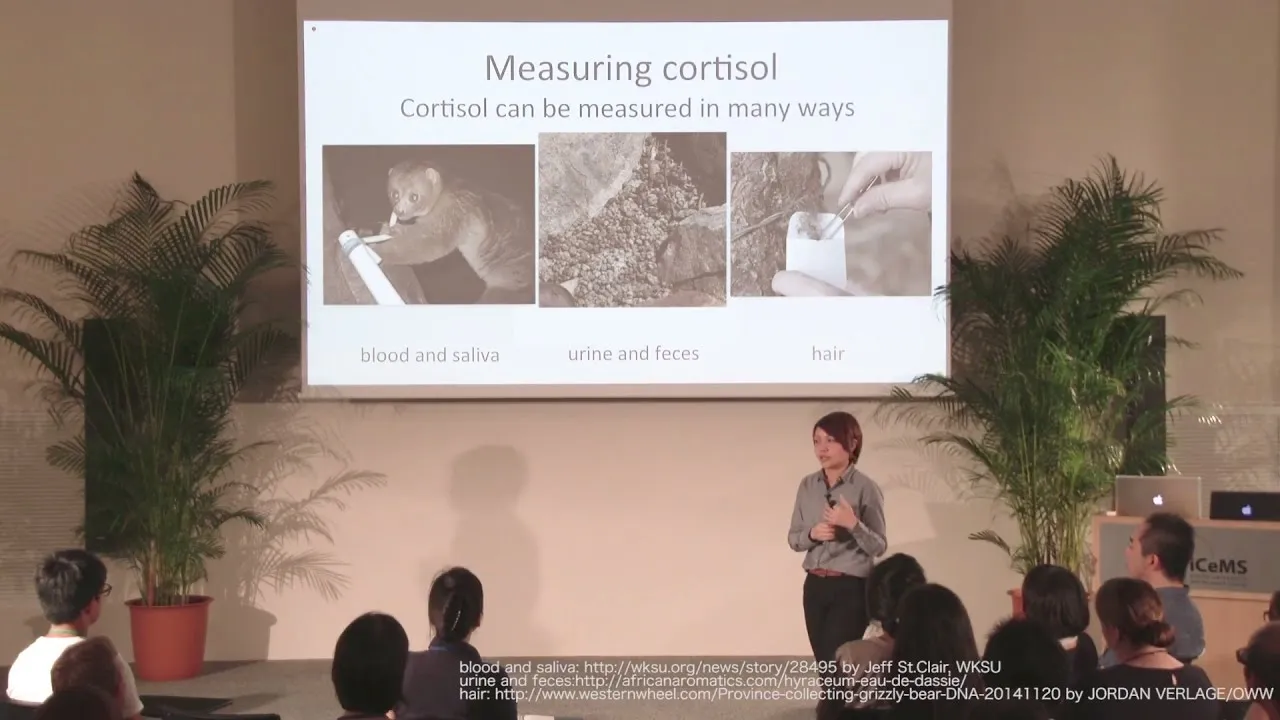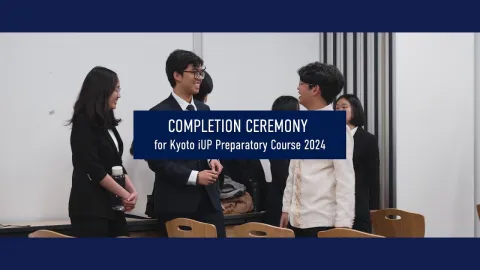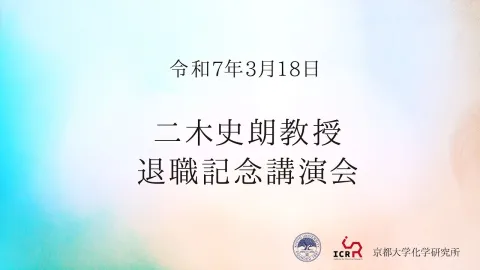
Ms. Wan-Ting Hong
iCeMS Dan Ohtan Wang Lab, Kyoto University
"Zoo from Lorises' Point of View"
The well-being of zoo animals is now drawing much more attention than before. But how do we know whether animals are satisfied about their environment or not? Let's look at slow lorises as an example of how well-being of zoo animals are measured quantitatively, in an effort to improve the lives of these small primates whose welfare is often overlooked.
-Researcher's comment
Animals think, perceive their environment and experience suffering and pleasure as we do. However, while doctors can ask human patients how they feel, we have no idea whether animals are happy, sad or stressed because we do not share a common language with them. Scientists have been trying to establish rigorous scientific methods to measure well-being of animals as pets, in zoos, laboratories, on farms and in the wild.
Please visit here to watch the other videos:
https://ocw.kyoto-u.ac.jp/en/opencourse-en/156/
iCeMS Learning Lounge:
http://www.icems.kyoto-u.ac.jp/en/community/lounge/
Wan-Ting Hong(ワンティン・ホン)さん
京都大学 物質-細胞統合システム拠点(iCeMS)王丹グループ
その他の動画はこちらをご覧ください。
https://ocw.kyoto-u.ac.jp/ja/opencourse/156/
iCeMSラーニングラウンジ
http://www.icems.kyoto-u.ac.jp/ja/community/lounge/
この動画は、クリエイティブ・コモンズ・ライセンス“Attribution-NonCommercial-ShareAlike (CC BY-NC-SA)”が付与されています。 私的学習のほか非営利かつ教育的な目的において、適切なクレジット表記をおこなうことで、共有、転載、改変などの二次利用がおこなえます。 コンテンツを改変し新たに教材などを作成・公開する場合は、同じライセンスを継承する必要があります。 詳細は、クリエイティブ・コモンズのウェブサイトをご参照ください。












